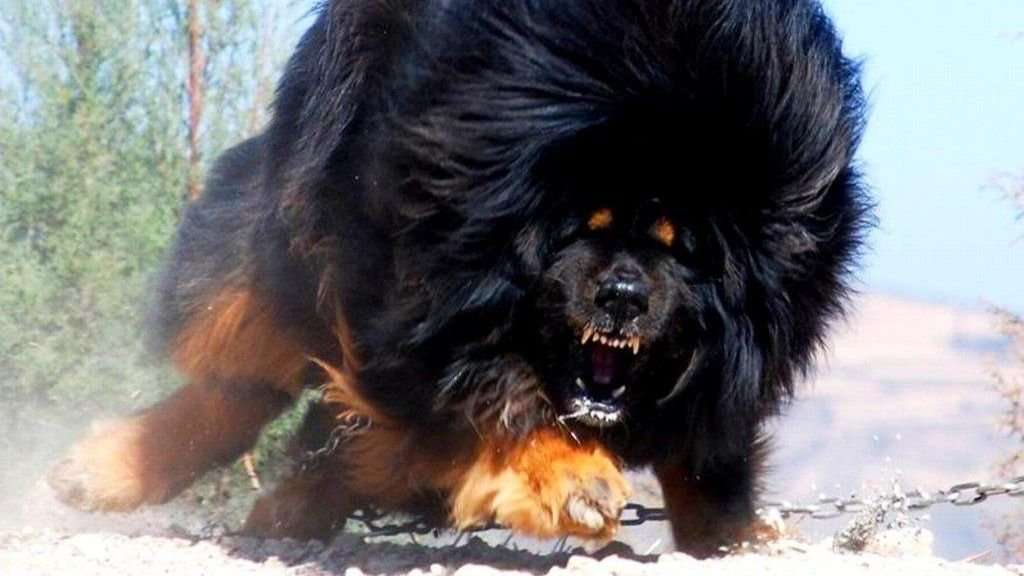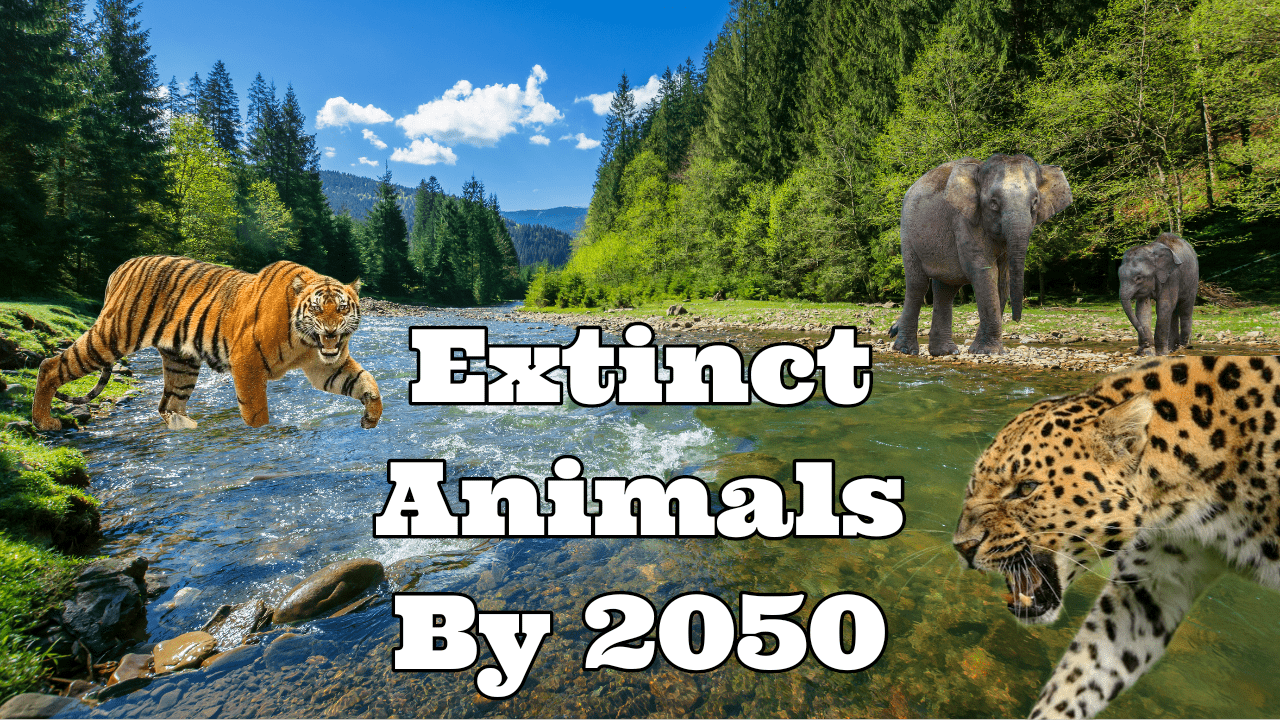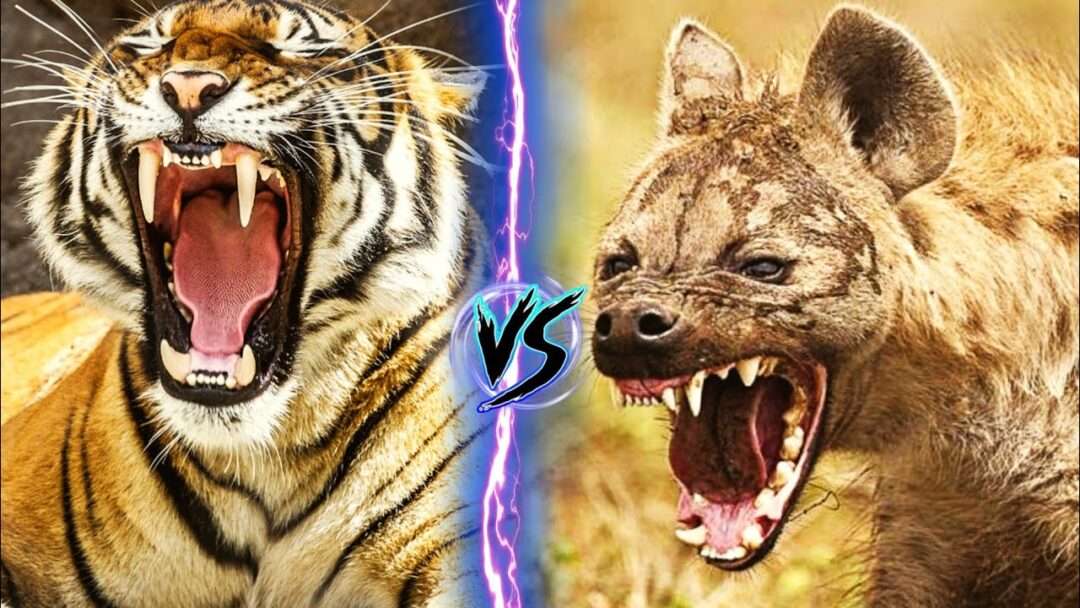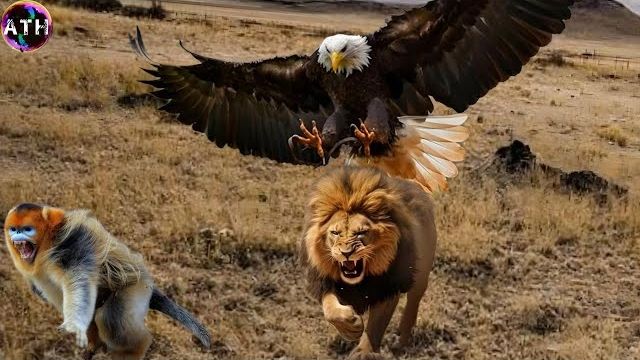Table of Contents

Introduction
Insane Biology Of Human: Why Are We Human?
We humans play games in the Olympics, but we are not the best at everything. Neither can we run the fastest, nor can we climb a high mountain without assistance, and we cannot fly. Swimming long distances is also beyond the capabilities of humans.
Yet, we humans are the most developed beings on Earth. Why did nature do this with humans? Today, we don’t see any animals that speak like us and have developed like humans. This raises the question of whether all of this is created by God or if it’s the marvel of mind-boggling biology.
In today’s Article, we are going to explore the secrets behind human capabilities and find out how humans, surpassing all these animals, have become the most advanced beings on Earth. So, stay tuned with Animal TV Hindi and keep reading.
What Have Humans Achieved Till Now?
Since humans evolved from primates to humans, we have been on a quest for agriculture. Humans started farming to sustain themselves. Farming to feed the growing population is a crucial task that we humans are heavily engaged in today. But this task is not within the reach of animals.
After that comes our language; the way humans communicate with each other is the best among all living beings. And because of this, humans have learned about things, and today, humans, with the help of their capabilities, have developed technology on Earth.
Today, we have ventured beyond the deep sea, explored the moon, Mars, and even beyond our solar system. But no animal has ever done such a thing. During this journey, humans formed groups around us, started living in this complex society, and today, you can see various types of humans in this world.
Evolution of Human: Primate to Human An Incredible Journey
Approximately 20 lakh years ago, humans evolved from primates. It’s a bit challenging to determine who the first human was because they weren’t entirely perfect humans. Today, all humans in the world belong to the species Homo sapiens, a type of human.
However, this isn’t the first species; before this, many species lived here in Africa. Today, Homo sapiens dominate the Earth. Changes in climate and behavior among primates around 2 to 3 million years ago gradually led them towards becoming humans. The evolution from primates to humans is a gift of nature, and even today, we humans are becoming more advanced.
Biology of Human
Over this long period, significant changes have occurred in our bones. The most substantial change has happened in our brains, the most crucial part of the human body. Thanks to it, we have learned to survive in various dangerous environments, fought significant battles among ourselves, and even battled diseases. Yet, somehow, humans are still alive.
Incredible Human Mind’s Capabilities
This brain, weighing about 1400 grams, contains approximately 86 billion neurons. These neurons transmit signals at a speed of about 120 meters per second. About 75% of the human brain is made of water. Our brain uses about 20% of the body’s oxygen and energy. There are many unique features in our brain that understanding them is not a simple task, even for scientists. It is because of this brain that we humans are so far ahead of other animals.
What sets humans apart from animals?
Today, we are quite different from other animals. That’s why, besides humans, we classify all living beings on Earth as animals. And it’s we humans who have started saying that this is an animal, and this is a human. In reality, a human is also an animal, but a animal is not a human.
Every living being on Earth is a life form. We humans are quite different from animals because we communicate in various languages. Our human brain has developed so much that we can recognize thousands of words and symbols, make decisions about what is right and wrong, predict the future, create new things, deal with significant disasters, and learn to survive from various terrible diseases. There are thousands of reasons that make us humans different from all these animals.
Animals Who Are Similar to Humans
However, there are still some animals on Earth that, at times, behave like humans. And their mode of communication is quite complex. Chimpanzees and bonobos are relatives of humans and are quite intelligent. Dolphins and elephants, like various other animals, use complex languages to communicate with each other.
Throughout the world, many types of animals communicate using various sounds. The crow is the most intelligent bird globally, understanding what is essential and what is not. In their flock, when one crow dies, they gather to investigate how it happened. After finding out, each crow stays away from that trouble.
Is Human Created By GOD?
A question that perhaps comes to every human’s mind is whether we, humans, evolved on Earth as science suggests, or were sent by God. There are different beliefs about the origin of humanity among different people and cultures. Some believe that humans were created by a higher power or God, while others attribute human existence to natural processes and evolution. Perspectives on this matter often intersect with religious, spiritual, or philosophical views, and opinions may vary based on personal beliefs and cultural backgrounds.
Personally, as a science student, I think human existence is a product of nature, not sent by any deity. Our human minds have developed so much that we are now understanding how this mind, which is incredible, evolved—an astonishing feat.
What have humans done for Earth until now
Now, let’s discuss what humans have done for Earth, both positive and negative. In the pursuit of our own development, humans have sometimes put the Earth in jeopardy. Although humans have changed the land by agriculture, providing food for other creatures, animals have also evolved slowly due to humans creating fields.
Truth be told, humans haven’t done anything significant for Earth before the last 100 years. Humans have always been dependent on Earth, and even today, we are entirely reliant on it.
Most dangerous weapon ever made
Nuclear weapons, created by humans, are the most dangerous weapons ever made, threatening both Earth and humans. Even for every creature living on Earth, this weapon is the most dangerous. But due to this weapon, conflicts on Earth are now minimal. Everyone fears that if a massive attack occurs, the aftermath would be too gruesome.
Global Warming Issue
On the other hand, humans have significantly increased Earth’s average temperature. You must have heard of global warming. It’s something that is increasing significantly because of humans. And humans are the ones trying to control global warming today.
In the last 100 years, humans have created many parks, ensuring the safety of many animals. But has nature forgiven this? Time will tell.
You can think of it as a broken sculpture someone is trying to fix, and the sculpture will not be the same again. So, how can the one who broke it be forgiven?
What makes human biology so unique?
Human biology is distinctive due to our complex brains, opposable thumbs, and advanced social structures. These features contribute to our ability to think, create, and collaborate.
How many cells are there in the human body?
The human body is composed of trillions of cells, each with specific functions. Estimates suggest around 37.2 trillion cells on average.
What role does DNA play in human biology?
DNA, or deoxyribonucleic acid, contains genetic instructions essential for the development and functioning of all known living organisms, including humans.
How does the immune system work?
The immune system defends the body against harmful invaders like viruses and bacteria. It involves a complex network of cells, tissues, and organs working together to maintain health.
Why do humans need to sleep?
Sleep is crucial for physical and mental health. It aids in memory consolidation, immune system function, and overall restoration of the body and mind.
Can humans regrow body parts like some animals?
Unlike certain animals, humans have limited regenerative abilities. While we can regenerate some tissues, complete limb regrowth, as seen in animals like salamanders, is beyond our capabilities.
How does the human brain store memories?
Memories are stored through complex neural connections in the brain. Synapses, the junctions between neurons, play a crucial role in the formation and retrieval of memories.
What causes aging in humans?
Aging is a complex process influenced by genetic, environmental, and lifestyle factors. It involves a gradual decline in cellular function and the body’s ability to repair and regenerate.
Why do humans experience emotions?
Emotions are a product of complex interactions between brain regions, hormones, and environmental stimuli. They play a crucial role in human communication, decision-making, and social bonding.
Can humans adapt to extreme environments?
Human adaptability is remarkable. While we may not have physical adaptations like some animals, our ability to create tools, clothing, and shelter has allowed us to inhabit diverse environments globally.
How does nutrition impact human biology?
Nutrition is vital for maintaining health. It provides the necessary nutrients for cellular function, energy production, and the overall well-being of the human body.
Are humans still evolving?
Yes, human evolution is an ongoing process. While our environments have changed, factors like natural selection and genetic mutations continue to influence the human gene pool.
INSANE BIOLOGY OF RHINO: AN INCREADBLE ANIMAL – Next Post




